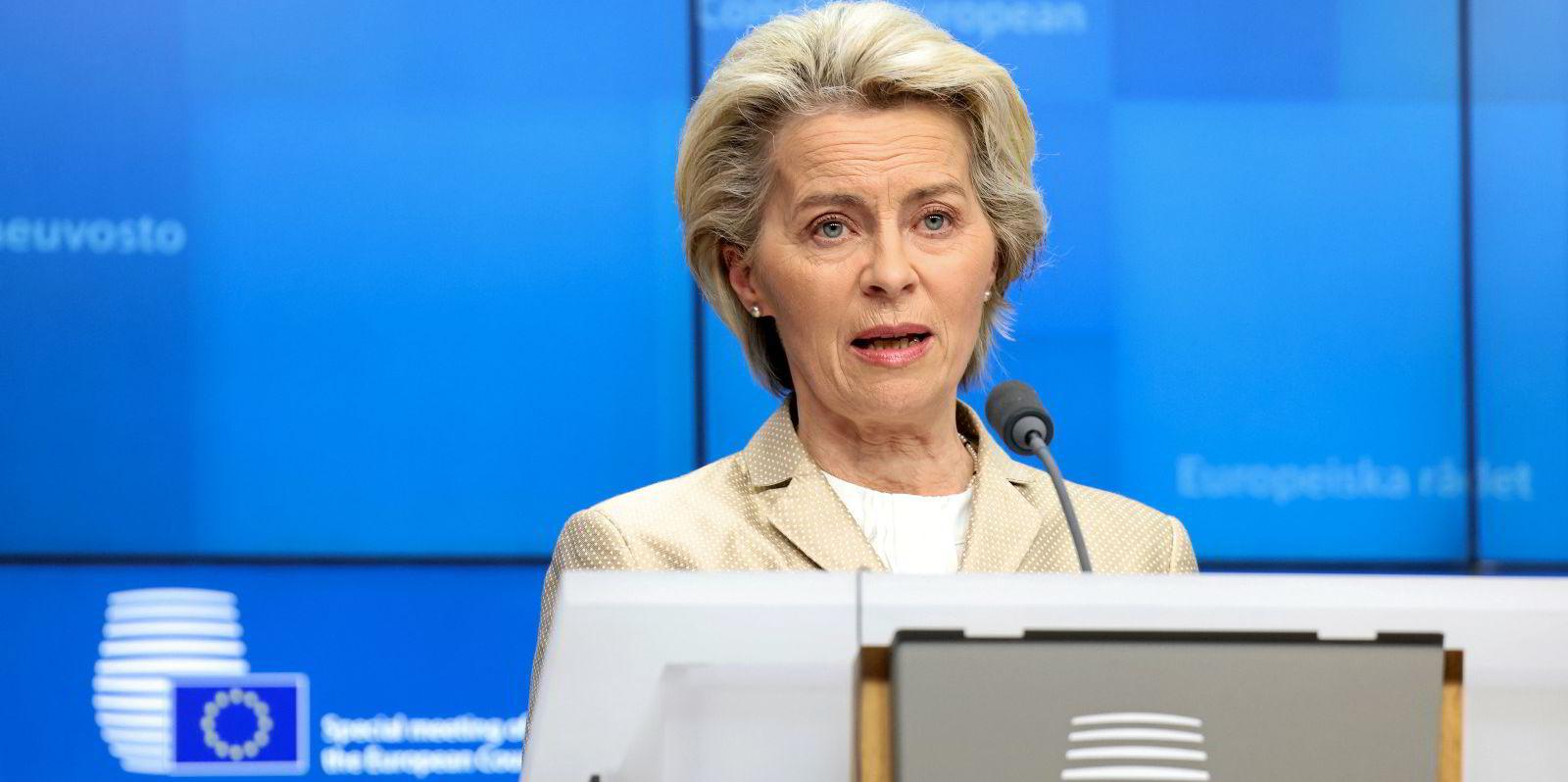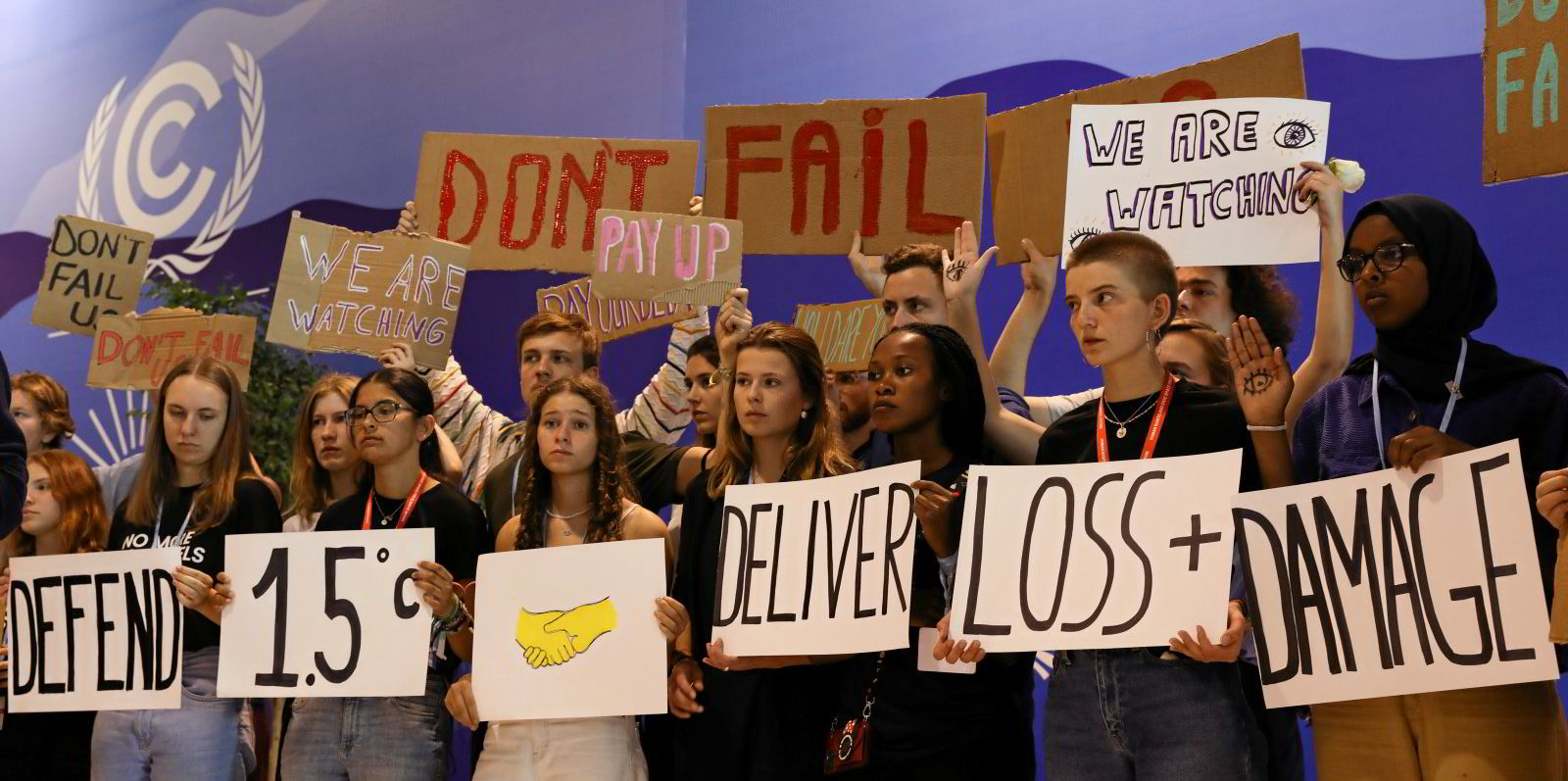Shipping representatives emerged from the COP27 climate talks in Egypt optimistic that the industry’s decarbonisation can be brought into line with stronger global efforts at upcoming International Maritime Organization meetings.
Those who have grasped the need for shipping to act in step with the United Nations Framework Convention on Climate Change’s effort to keep global warming to 1.5C seemed to be seeking to put pressure on the slow and politically hamstrung IMO to act more decisively.
One long-standing shipping decarbonisation expert, Tristan Smith of University College London (UCL), argued in a post-COP27 webinar that more ambitious IMO targets, aligned to 1.5C, are necessary for pricing mechanisms to be sufficiently strong to justify investment in alternative fuel systems.
But the question of whether targets are too late has been posed by a colleague of Smith’s at UCL.
Bill McGuire, professor emeritus of geophysical & climate hazards, argues that the 1.5C target is no longer a credible way forward. He says the target is now lost and COP27 should have acknowledged that the 1.5C level is likely to be breached as early as 2024 with the warmer El Nino conditions starting next year.
It means the world is already locked into unknowable climate chaos. But McGuire claims that all is not yet lost if the focus is put on preventing every 0.1C rise in global average temperature beyond 1.5C.
Is McGuire, who was early to the table in researching the link between volcanism and sea-level change, right? And is it too late for shipping to take this path?
If so, would it be better — and is it even possible — for shipping to move straight to tougher alternative operational measures that can start cutting emissions now?
Smith alluded to this by saying that shipping policies must reduce emissions before 2030 and lock in longer-term investments for rapidly significant cuts from then on into the 2040s.
Otherwise, the process would become insanely more expensive, possibly to the tune of $100bn more for each year of procrastination.
COP27 was a disappointment in that it made no further progress on phasing out fossil fuels, the very thing shipping will need to do.
Shipping does not even have a 1.5C ambition yet, but targets are a weakness, according to McGuire, because it is always possible to put off action and say that theoretically there is still time until the set date has been passed.
Better, therefore, for shipping and the world, would be to focus on making every possible carbon or methane emission cut possible now. That requires governments and industries to act together.

This week, details of how shipping will be included in the European Union’s Emissions Trading System have emerged, with allowances earmarked to provide €1.5bn ($1.56bn) by 2030 for an innovation fund for green shipping projects, plus measures to counter evasion via transhipment.
Environmentalists say clear signals are still needed on what fuels to invest in for the FuelEU directive — plus subsidy schemes such as contracts for difference — to get alternative fuels and technologies on the water.
On its own, the EU’s actions will not achieve the level of quick and lasting emission cuts that Smith says are necessary.
Spreading similar measures internationally across the main trading blocs of the US and Asia for the level playing field the industry has always sought will be vital.
They could work alongside other schemes, including green shipping corridors — of which more than 20 are in preparation — and commitments being made by governments, owners, charterers and the wider supply chain.
Carbon Intensity Indicator ratings, the only IMO-mandated emission-cutting regulations so far enacted, are also an area in which more progress could be made.
As currently set out, they are too weak and elements are distinctly contradictory: penalising some ships that stay longer times in port over those that steam around pumping out emissions.
Revision of the rules is on the cards, although due to the IMO structure that is unlikely to happen before 2025-26, with a fuel life-cycle analysis needing to be completed first.
All-encompassing targets are alluring, but risk ineffectiveness. A less elegant jigsaw of effective measures may feel more cumbersome but is likely to be far more effective.





